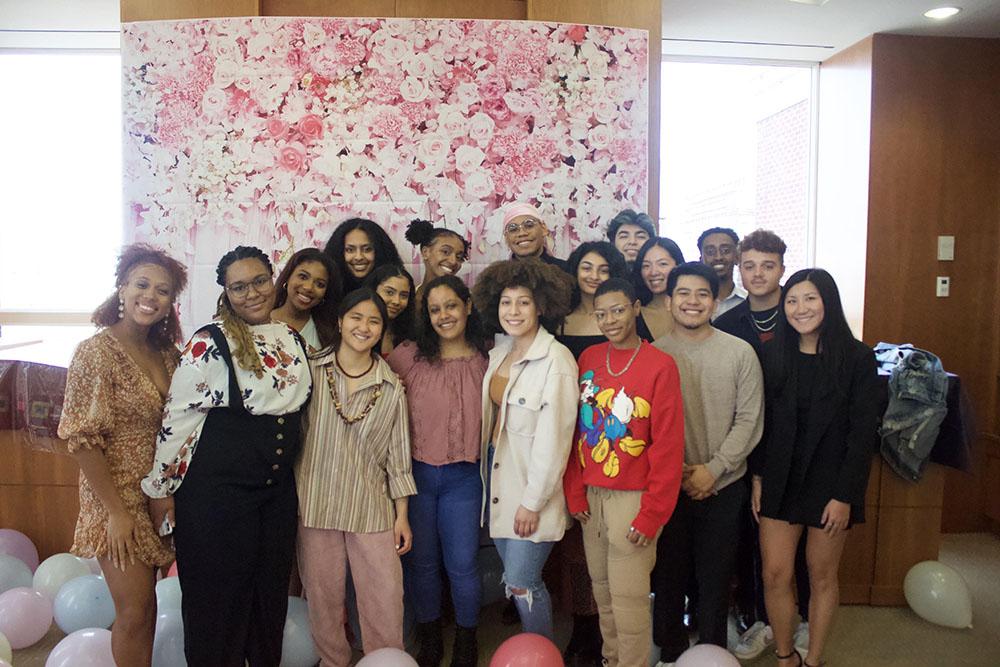
Out of 7,000 Boston University courses, there are only about 300 taught by minority professors or that are related to the minority experience, according to Boston University’s Minority Connection Initiative. This data comes from their semesterly, comprehensive list of all of the classes for the upcoming fall semester called “The Drop.”
The list, which was released on April 11, is intended to “promote underrepresented faculty” as students register for classes for the upcoming Fall 2022 semester, according to their announcement post on Instagram.
Founded in 2015, MCI’s mission is to build “engaging and lasting relationships between minority students, faculty, and staff to provide support and unity within the BU community,” according to the MCI Instagram page.
Meliak Oldjira, secretary of the MCI and a junior in the Sargent College of Health and Rehabilitation Sciences, said “The Drop” is intended to “help minority students be more comfortable and be themselves” in the classroom.
“Why we want ‘The Drop’ to be accessible to everyone is to give minority students the opportunity to take a course with someone that resembles who they are as a minority,” Oldjira said. “It also gives them the chance to explore the courses regarding the minority experience that they may not have gotten the chance to take if they hadn’t known about it.”
President of the MCI Karmynn Lustria, a senior in the College of Communication, said the process of formulating “The Drop” is “quite a task.” The MCI references to past “Drops,” researches professors in each college and major and contacts administrators.
“The Drop” organizes the classes by college, listing each class with its professor, course number, title, schedule, credits and professor email. “The Drop” also lists classes taught by a non-minority professor, but related to the minority experience.
Publishing “The Drop,” especially at a predominantly white institution, is important for minority students especially given the demographic of the faculty, because minority students are more likely to run into “microaggressions or macroaggressions,” Lustria said.
“So creating ‘The Drop,’ having that resource offered to fellow minority students every semester, is hopefully some way to be like, ‘hey we do go to a PWI, but there are some professors who aren’t white,’” Lustria said.
Oldjira said minority students can gain valuable advice from teachers who look like them and have similar experiences.
“They can go about certain situations that those professors have been in as well,” Oldjira said. “It might also get them the extra confidence or boost that they may need to pursue something or look more into something that they may not have been able to.”
Fredisvindo Bebe, a freshman in the College of Engineering, said he feels BU could benefit from more minority professors.
“I think a lot of people of color, especially teachers and older generations, have a lot of life experiences,” Bebe said. “When you pull together all sorts of cultures and teachers from those cultures you have much more of a palette of experience and you get to learn so much more.”
Lustria said that although she finds it “hard to generalize,” there are differences between classes taught by white professors versus minority professors, citing her experience in the class Sociology of Race and Ethnicity with professor Saida Grundy, a Black woman.
“There’s a difference between that class being taught by a Black woman as opposed to a white man,” Lustria said. “As academics, they may receive the same information, but on a personal note, the way that they diffuse that information to students does end up being different.”























































































































